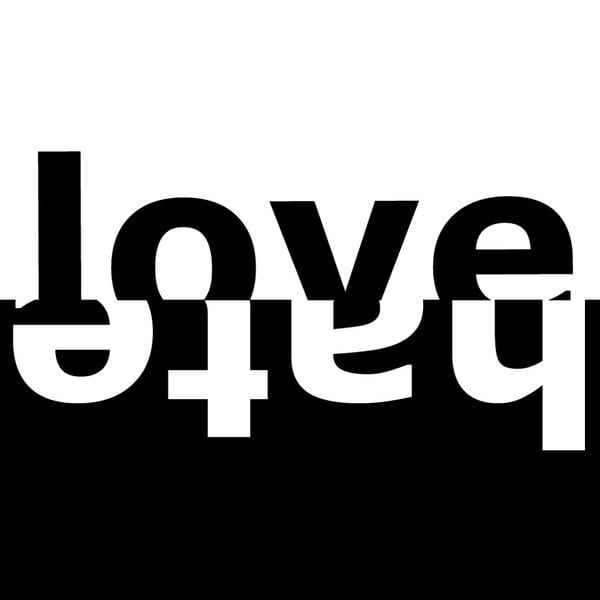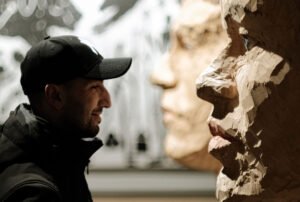
October 28, 2018; The Washington Post
Even as Trump prepared, against the wishes of thousands in Pittsburgh, to visit the Tree of Life Synagogue today, he tweeted about immigration in words entirely confluent with several of the shooter’s rants on social media. The presidential tweet referred to the caravan of refugees from Central America and read, “This is an invasion of our Country and our Military is waiting for you!”
The timing is chilling, since the shooter who killed 11 worshippers at the synagogue used the exact same term, characterizing the caravan as “invaders.” The Washington Post does a good job of tracing the language back to a set of conspiracy theories that have been rattling around the far right for some time and are now being aired for all to see. Unsurprisingly, they are all bound up with attacks on George Soros and Jews in general. As Joel Achenbach writes,
The Soros-caravan conspiracy theory weaves together anti-Semitism, fear of immigrants and the specter of powerful foreign agents controlling major world events in pursuit of a hidden agenda. And it appears to have had real-world consequences on Saturday for Jews attending services, including a baby-naming ceremony, in their synagogue in Pittsburgh’s Squirrel Hill neighborhood.
Sign up for our free newsletters
Subscribe to NPQ's newsletters to have our top stories delivered directly to your inbox.
By signing up, you agree to our privacy policy and terms of use, and to receive messages from NPQ and our partners.
“Most anti-Semitism is in some way based on some form of conspiracy theory,” said Oren Segal, director of the Anti-Defamation League’s Center on Extremism. “Conspiracies that used to be on the margin, almost laughable, are now becoming literally part of the public discussion.”
Bob Goldberg, a professor at the University of Utah and author of Enemies Within: The Culture of Conspiracy in Modern America, says that Jews are the usual suspects and that the public normalization of conspiracy theories is highly dangerous “in a nation armed to the teeth.”
Meanwhile the mission statement of the refugee resettlement nonprofit that the shooter was targeting (along with Jews more generally) in his attack is worth a read for its timeless simplicity. It reads, “HIAS rescues people whose lives are in danger for being who they are.” But, of course, HIAS cannot do that alone. Take a moment today to consider how to help turn out the vote.—Ruth McCambridge













